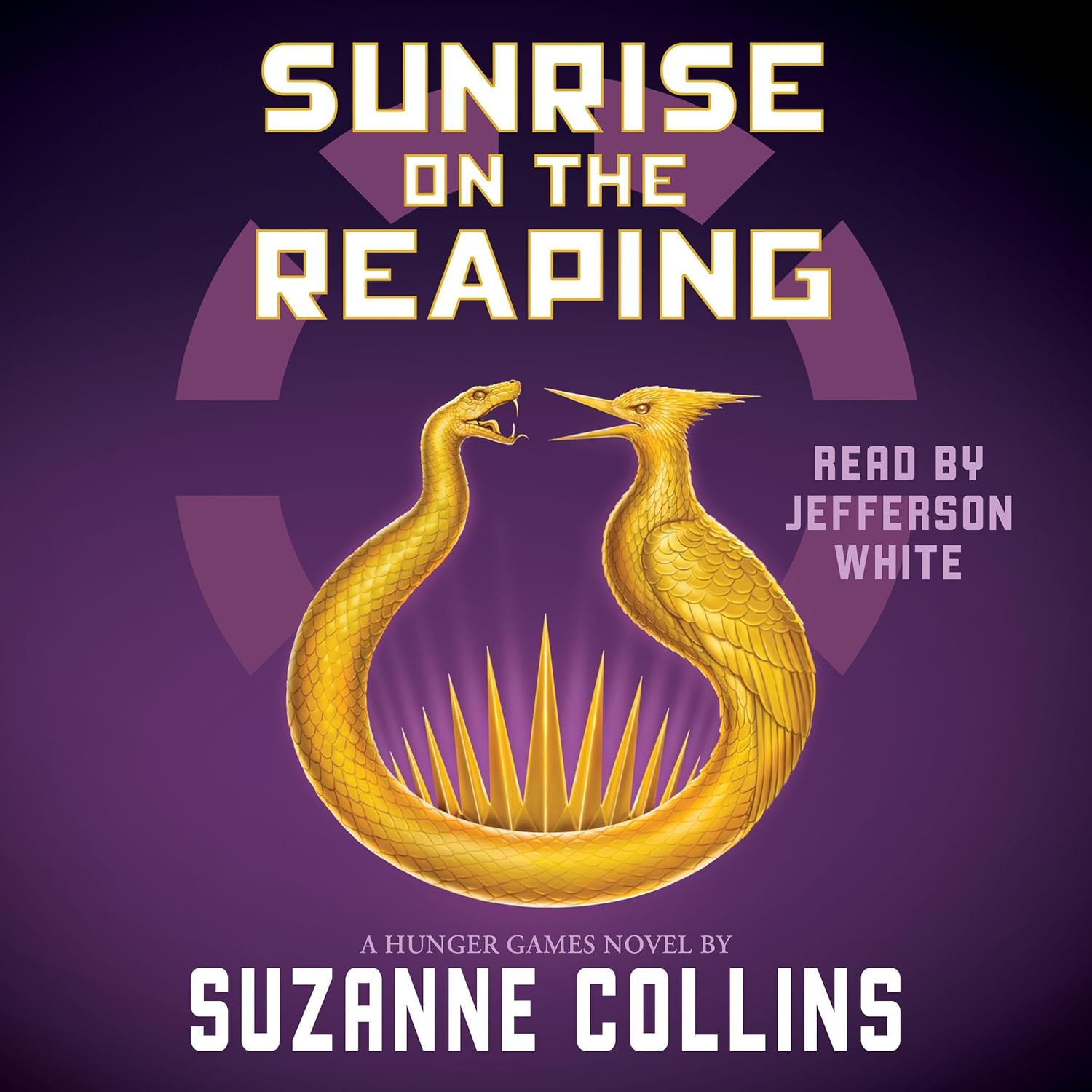Sunrise on the Reaping (A Hunger Games Novel) (The Hunger Games)
Page 43 Review
A Commentary on Sacrifice and Intervention in Dystopian Fiction
The excerpt throws us headfirst into a tense, morally complex situation. Our protagonist, driven by a sense of justice and compassion, intervenes in a scene where Lenore Dove is clearly at risk. This action, while noble, has immediate and brutal consequences. Let’s dissect the key elements:
The Protagonist’s Impulsive Act of Heroism
The opening line, “Ma’s going to lay into me for intervening, but I just can’t grovel on the ground while Lenore Dove’s in danger,” reveals a character already familiar with the potential repercussions of their actions. This suggests a pattern of behavior, a tendency to prioritize the safety of others over personal well-being. The phrase “I just can’t grovel on the ground” illustrates a moral stance, a refusal to passively witness injustice. Their immediate action, “I push myself up and run toward her, hoping to get her to let Woodbine loose,” underscores the urgency and impulsivity of their decision.
The Brutality of the Peacekeepers
The swift and violent response of the Peacekeepers highlights the oppressive nature of the dystopian society. The protagonist’s attempt to shield Lenore is met with immediate force: “Stop! I leap in to shield her, just in time to intercept the rifle butt that slams against my temple.” The sensory details – “Pain explodes in my head as jagged lights cut through my vision” – vividly convey the brutality of the attack. The subsequent actions of the Peacekeepers, described as “iron hands lock on my upper arms and haul me forward,” emphasize their dehumanizing treatment of individuals.
The Calculated Cruelty of Drusilla
Drusilla’s presence introduces an element of calculated cruelty. Her dismissive response to Lenore’s plea – “Oh, just shoot that girl, would you?” – demonstrates a callous disregard for human life. The instruction, “Not here! We’ve got enough blood to clean up. Find a discreet location, can’t you?” is chilling in its pragmatism. It reveals a system where violence is commonplace, but must be managed for appearances. This focus on control extends to the performance aspect suggested later.
The Glimmer of Hope and the Threat of Exploitation
Lenore Dove’s desperate plea, “Don’t take him — it wasn’t his fault! It was mine! Punish me!” demonstrates her own sense of morality and self-sacrifice. However, her pleas are seemingly ignored, highlighting the powerlessness of individuals against the established authority.
The arrival of the character in the “violet jumpsuit” and his statement, “Hold it. If I could, Drusilla, I’d love to keep her for the tearful good-bye. The audience eats that stuff up,” shifts the focus to the exploitative nature of this dystopian society. It implies that these acts of violence and suffering are not merely random acts of oppression, but are carefully orchestrated for the entertainment and control of the masses. The phrase “The audience eats that stuff up” suggests a desensitized population, conditioned to accept and even enjoy the suffering of others.
Themes of Sacrifice, Control, and Resistance
This excerpt explores several key themes common in dystopian fiction. The protagonist’s act of self-sacrifice highlights the importance of individual resistance against oppressive forces. The Peacekeepers and Drusilla represent the mechanisms of control employed by the ruling regime. The reference to the “audience” introduces the theme of manipulation and the use of propaganda to maintain power.
Analyzing the Narrative Tension
The narrative tension is heightened by the rapid pace of events and the immediate consequences of the protagonist’s actions. The use of vivid sensory details immerses the reader in the scene, creating a sense of urgency and unease. The cliffhanger ending leaves the reader wondering what will happen to the protagonist and Lenore Dove, and what role they will play in the larger conflict. This excerpt is a powerful introduction to a world where morality is tested, and the price of resistance can be extremely high.
The phrase “Well, I think we’ve just found our replacement,” spoken after the protagonist is subdued, suggests a predetermined system where individuals are disposable and easily replaced. This further reinforces the dehumanizing nature of the society and the lack of value placed on individual lives. The contrast between the protagonist’s selfless act and the cold calculation of the authorities creates a compelling and thought-provoking narrative.
Buy full ebook for only $15: https://www.lulu.com/shop/suzanne-collins/sunrise-on-the-reaping-a-hunger-games-novel-the-hunger-games/ebook/product-e7496ww.html?page=1&pageSize=4
This article about sacrifice dystopia a scene analysis offers deep insights and valuable analysis. Learn more about sacrifice dystopia a scene analysis today.
Read more: Click here

